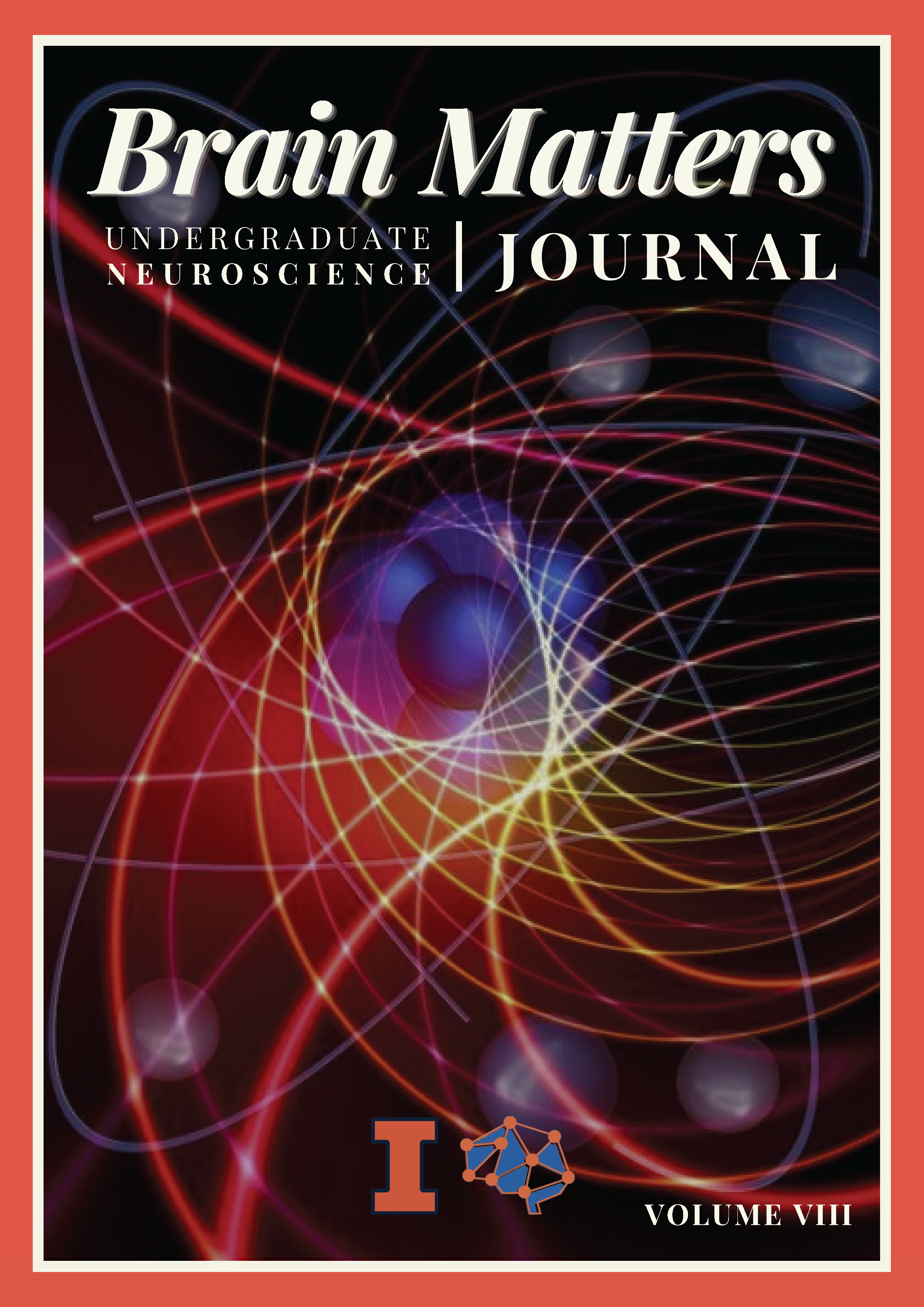The Role of Human Leukocyte Antigens in Multiple Sclerosis and Brain Atrophy
Main Article Content
Abstract
Human Leukocyte Antigens (HLA) are significant components of the human immune system responsible for autoimmunity. These genes are located on chromosome 6 and encode for proteins that assist the body in fighting against foreign invaders. However, HLA may have the potential to induce varying degrees of brain atrophy (BA) and multiple sclerosis (MS), both of which are neurodegenerative disorders. Examining the protective and aggravating effects of HLA on these neurological disorders, as well as potential preventive measures that could be implemented through HLA, may prove to have significant effects on the approach to BA and MS.
Article Details
Section
Articles

This work is licensed under a Creative Commons Attribution-NonCommercial-ShareAlike 4.0 International License.

